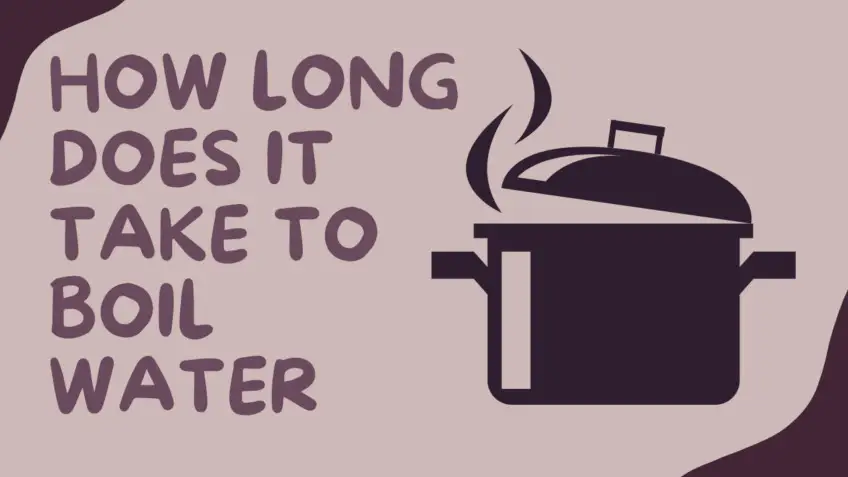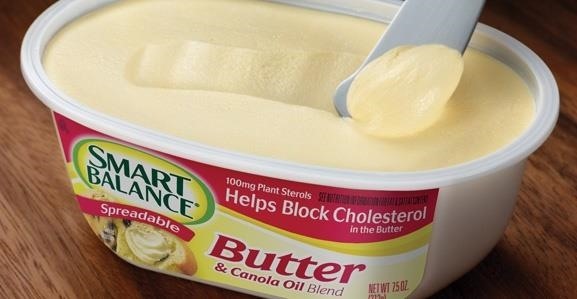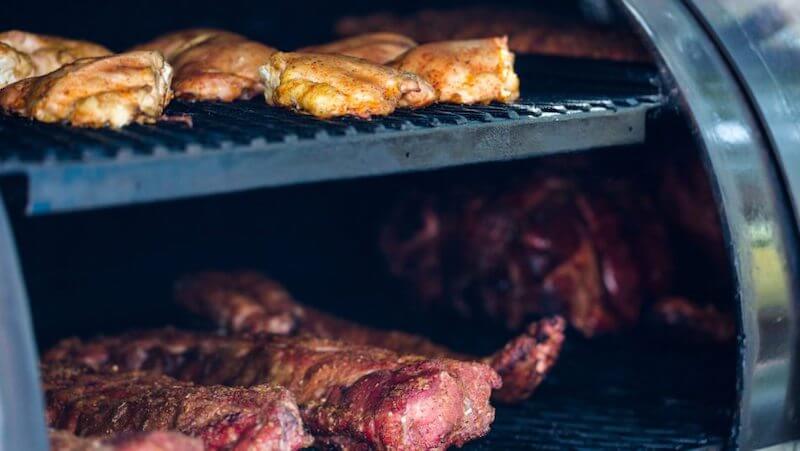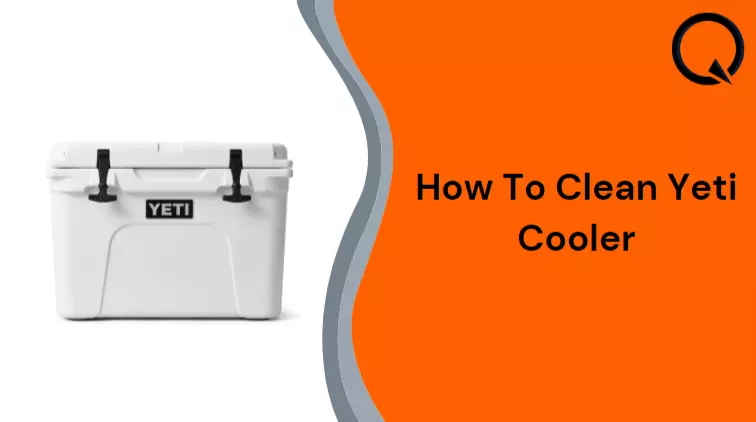Boiling water is a fundamental process that serves many purposes. Whether it’s for cooking, cleaning, or sanitizing, boiling water is essential. But have you ever wondered how long it takes to boil a certain amount of water? In this article, we’ll explore the factors that affect boiling time, safety precautions to take when boiling water, and some practical applications of this knowledge.
## Factors Affecting Boiling Time
There are several factors that can impact how long it takes for water to reach boiling point. Some of these factors include:
### Altitude and Air Pressure
At higher altitudes, air pressure decreases, making it harder for water to boil. This means that water will boil at a lower temperature at high altitudes compared to lower altitudes. For instance, at sea level, water boils at 100°C (212°F), but at an altitude of 5,000 feet, it boils at around 94°C (202°F). At altitudes above 10,000 feet, water boils at around 87°C (189°F).
### Type of Pot Used
The type of pot used to boil water can affect boiling time. A thin-bottomed pot may heat up quicker than a thick-bottomed pot. Additionally, pots with a wider surface area may allow for faster evaporation and therefore faster boiling times.
### Heat Source
The heat source used to boil water can also impact boiling time. Electric stoves and gas stoves have different heating rates which can affect the rate at which water boils. For instance, gas stoves heat up faster and distribute heat more evenly than electric stoves.
### Water Temperature at the Start
The initial temperature of the water can also affect how long it takes for it to boil. Warmer water will reach boiling point faster than cold water.
### Salt or Other Substances Added to the Water
Adding substances like salt or sugar to the water increases its boiling point. This means that it will take longer for the water to boil when these substances are added.
## Measuring Boiling Time
When measuring boiling time, there are several tools and factors to consider.
### Tools Needed to Measure Boiling Time
To measure boiling time, you’ll need a thermometer and timer. The thermometer is used to measure the temperature of the water while the timer is used to keep track of time.
### What to Measure When Determining Boiling Time
When determining boiling time, you should measure the starting temperature and the ending temperature. The difference between these temperatures will tell you how long it took for the water to come to a boil.
### Different Methods for Measuring Boiling Time
Continuous measurement involves monitoring the temperature of the water throughout the entire process. Intermittent measurement involves taking measurements at specific intervals until the water reaches boiling point.
## Boiling Water Safety
Boiling water can be dangerous, so it’s essential to take precautions. Here are some tips for safe boiling:
### Avoiding Burns
Boiled water can cause severe burns. Be sure to use pot holders or oven mitts when handling hot pots or pans.
### Keeping Children/Pets Away
Children and pets should be kept away from the stove when boiling water. A pot of boiling water can easily be knocked over by curious pets or children, causing serious injuries.
### Tips for Preventing Boiled-Over Water and Steam Burns
When boiling water, make sure that the pot is not filled beyond its capacity as this can cause it to boil over. Additionally, avoid placing your face or hands directly over the pot as steam can cause burns.
### Overview of Superheated Water and Its Dangers
Superheated water is water that has been heated above its boiling point without turning into steam. This type of water is dangerous as it can erupt suddenly, causing severe burns or exploding from pressure buildup. Therefore, it’s essential to avoid heating water to its superheated point.
## Rules of Thumb for Boiling Times
Here are some general rules of thumb that can help you estimate boiling times for various types of water and pots:
### Approximate Boiling Times Based on Type of Water and Pot Used
– 4 liters of water in a thin-bottomed pot can take around 10 minutes to boil
– 4 liters of water in a thick-bottomed pot can take around 15 minutes to boil
– Saltwater will take longer to boil than freshwater.
### Cooking Tips That Suggest Boiling Times for Certain Ingredients
Different foods require different amounts of time to cook. Here are some general guidelines:
– Eggs: 3-5 minutes for soft-boiled eggs and 7-10 minutes for hard-boiled eggs
– Pasta: 8-12 minutes depending on the type and amount
– Vegetables: 5-20 minutes depending on the type and how well-cooked you want them
## Practical Applications of Knowledge
Understanding how long it takes to boil water has several practical applications, including:
### Real-Life Examples Where Knowledge of Boiling Times is Useful
When camping, knowledge of boiling times can be critical for safe drinking water. In industrial settings, boiling large quantities of water in the quickest time possible avoids delays in production.
### Tips for Optimizing Efficiency When Boiling Large Quantities of Water
To optimize efficiency when boiling large quantities of water, it’s recommended that you use multiple pots or use larger pots with a wider base. This allows for faster heat distribution and quicker evaporation.
## Alternative Methods for Heating Water
While boiling remains the most common method, there are other ways to heat water. These include:
### Comparison Between Boiling and Other Heating Methods
Microwaving water is quick but may not kill bacteria effectively. Heating pads may not provide consistent heat, and solar boiling relies on sunshine.
### Situations Where Alternative Heating Methods May Be More Appropriate
Alternative heating methods may be more appropriate when boiling is not an option or too time-consuming. However, care must be taken to ensure that they are safe and effective.
## Conclusion
In conclusion, there are several factors that can affect boiling time, including altitude, pot type, heat source, water temperature at the start, and substances added to it. Safety measures must also be taken when dealing with boiled water. Finally, knowledge of boiling times has several practical applications that help us in our daily lives.
Frequently Asked Questions
How long does it take to boil 5 liters of water?
– Q: How can I calculate the boiling time for 5 liters of water?
A: The boiling time for 5 liters of water depends on various factors like heating source, altitude, and container type. However, as a general rule of thumb, it takes around 15-20 minutes to boil 5 liters of water on a gas or electric stove at sea level in a standard pot.
– Q: Can I speed up the boiling process for 5 liters of water?
A: Yes, there are several ways to speed up the boiling process for 5 liters of water such as covering the pot with a lid, using hot water instead of cold, and increasing the heat intensity. Moreover, you can also improve efficiency by using a specialized tea kettle or boiling hot water dispenser.
– Q: How long does it take to cool down boiled 5 liters of water?
A: The amount of time it takes for boiled 5 liters of water to cool down depends on environmental conditions such as room temperature and humidity levels. However, as a general estimate, it may take around an hour or more for 5 liters of boiled water to reach room temperature.
– Q: Is it true that saltwater boils faster than freshwater?
A: Yes, saltwater boils faster than freshwater due to its higher boiling point caused by the presence of salt molecules. However, the difference in speed is relatively small and may not be noticeable when boiling smaller volumes such as 5 liters of water.






